Environmental defenders filed a complaint to the International Criminal Court against Akkuyu Nuclear Power Plant in southern Turkiye for committing the crime of ecocide as well as a crime against humanity for posing a critical threat of transboundary nuclear pollution.
Among the perpetrators of the case are Turkish Energy Ministers who have taken office since the start of the project in 2009, namely Hilmi Güler, Taner Yıldız, Berat Albayrak, Fatih Dönmez, as well as the members of the executive board of Akkuyu Nuclear Power Plant Company and Rosatom Company, the Russian state corporation behind the project.
Atty. İsmail Hakkı Atal, a volunteer of the Environmental Association of Eastern Mediterranean, filed a lawsuit against Akkuyu at the International Criminal Court for violating the Rome Statute (articles 7 / 1 / a-b-d-k) by “causing transboundary pollution which will poison the entire Middle East and the Mediterranean geography with radioactive pollution.”
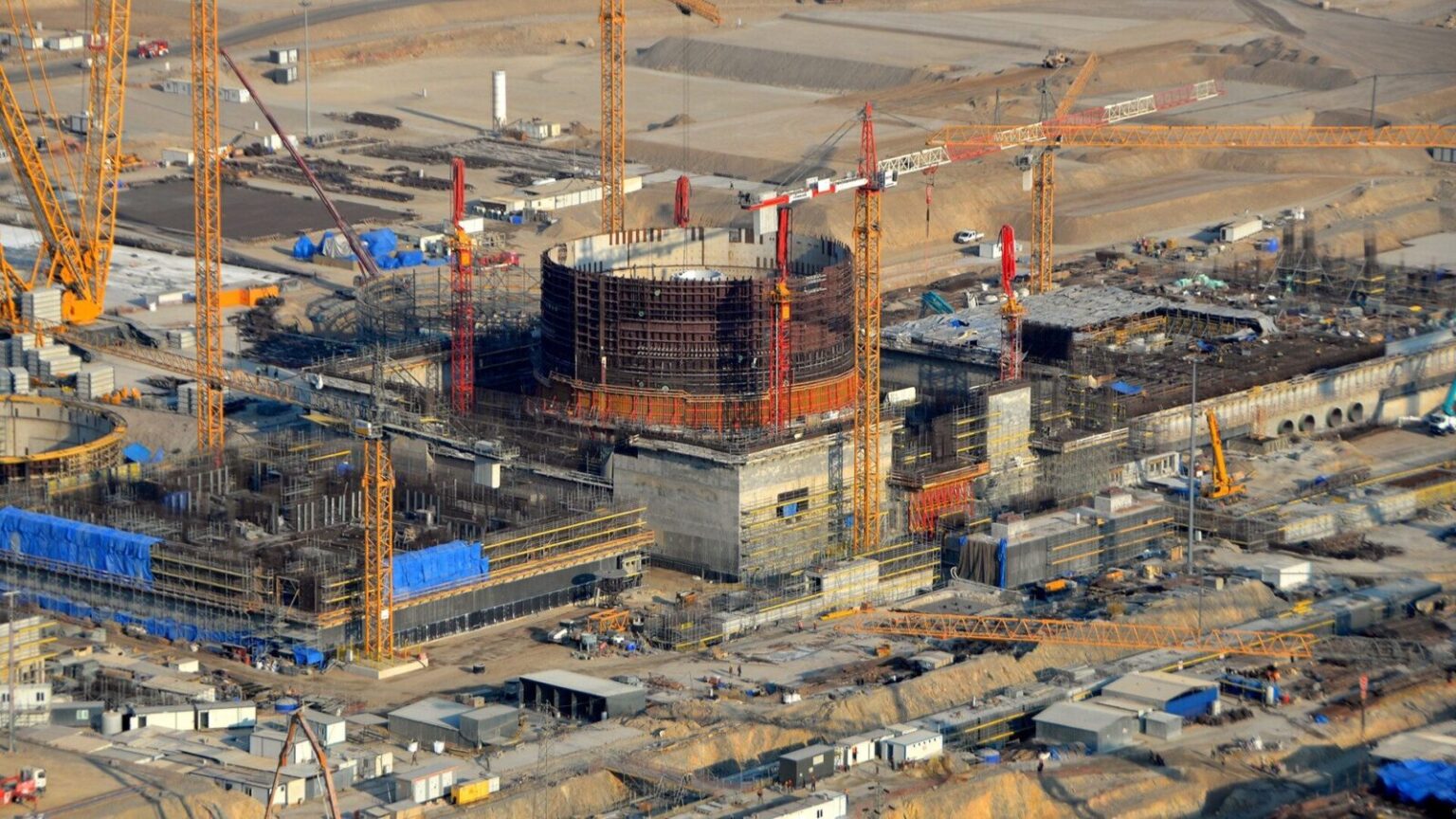
‘Imminent magnitude 7+ earthquake expected in the region’
Still under construction in the southern Turkish province of Mersin, the Akkuyu Nuclear Power Plant is being built on the Northern Anatolian Ecemiş fault line, which scientists deem potent of a devastating magnitude 7 or over earthquake any given time.
Atal said in a statement that Turkiye is the country with the highest risk of earthquakes in Europe, citing a map published by the European Earthquake Hazard and Risk Facilities (EFEHR).
A study conducted at Çukurova University in 2001 also pointed out that the Akkuyu Nuclear Power Plant site is a high-risk area. Led by Prof. Hasan Çetin from the department of Geological Engineering, the study indicated that the Northern Anatolian Ecemiş fault line produces a magnitude 7 or higher earthquake every 10 thousand years, underlining that no devastating earthquake has been recorded for the last 17 thousand years and we may be approaching the end of the quiet period.
Atal’s statement emphasized that some cracks were observed in the concrete ground of the power plant in July 2018 during the construction period even before the the four nuclear reactors, weighing a total of 56 thousand tons, were mounted on the site.
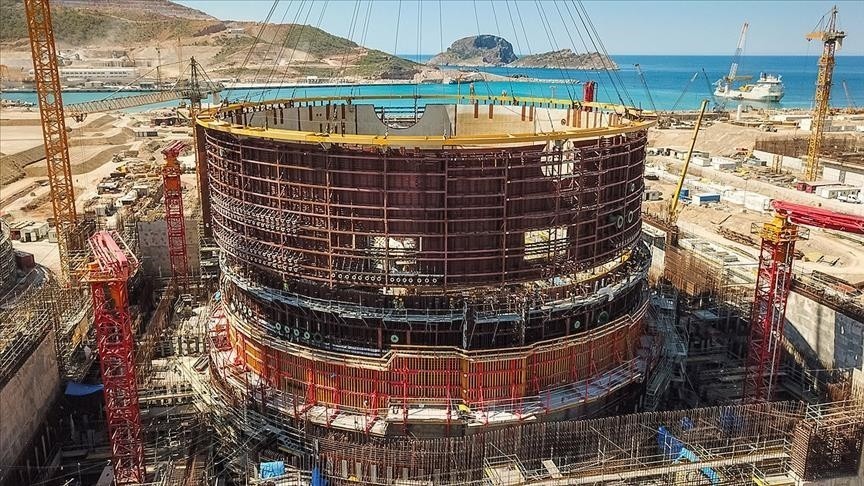
‘Waters of Mediterranean too heated for cooling down reactors’
Atty. İsmail Hakkı Atal further drew attention to the threats that the climate crisis poses on Akkuyu, noting the Mediterranean Sea, which the water to cool down the reactors will be drawn from, is far too heated by the climate crisis to cool down the reactors.
Atal underlined that the sea surface temperature should not exceed 28°C to cool down the reactors while Turkiye’s General Directorate of Meteorology measured the temperature of the Mediterranean Sea as above 30°C in August 2022.
Citing studies indicating that the Mediterranean region was warming twice faster than the rest of the world due to the climate crisis, Atal said the Akkuyu power plant was the only nuclear site on the planet where the average sea surface temperature is higher than the average land surface temperatures.
Scientists indicate that Eastern Mediterranean has been disproportionately affected by the impact of climate change and has been warming twice faster than the world average.
Last year, the temperature of the water drawn to cool down the reactors in France rose above 28°C due to heatwaves that scorched Europe for months. The country had to shut down some of its reactors to avoid a nuclear disaster.
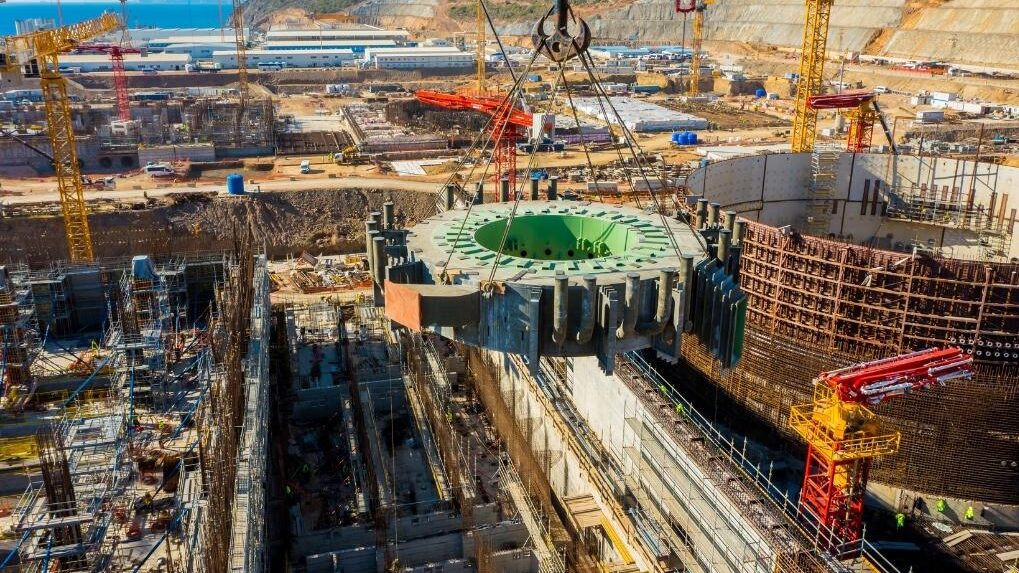
‘Mediterranean and MENA under risk of transboundary pollution’
In the statement, Atty. İsmail Hakkı Atal noted “The international law must intervene with the Akkuyu Nuclear Power Plant which would cause transboundary nuclear pollution, damaging the whole Mediterranean and the Middle East if run today.”
Underlining that Akkuyu power plant violates articles 7 / 1 / a-b-d-k of the Rome Statute of the International Criminal Court due to the deaths, displacement, and hazards on the civilian public health that it causes or may cause, he went on to say that in order for the construction and operation of the Akkuyu nuclear power plant to be prosecuted as a crime against humanity, either the perpetrators must be citizens of countries that recognize the Rome Statute, or the crime must take place within the territories of a country that recognizes the Rome Statute -as does Jordan, Tunisia, Spain, France, Greece, Montenegro, and Cyprus.

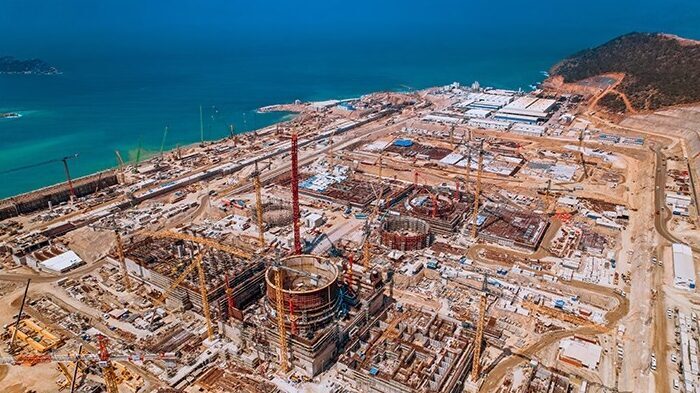

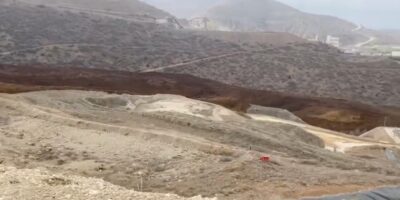









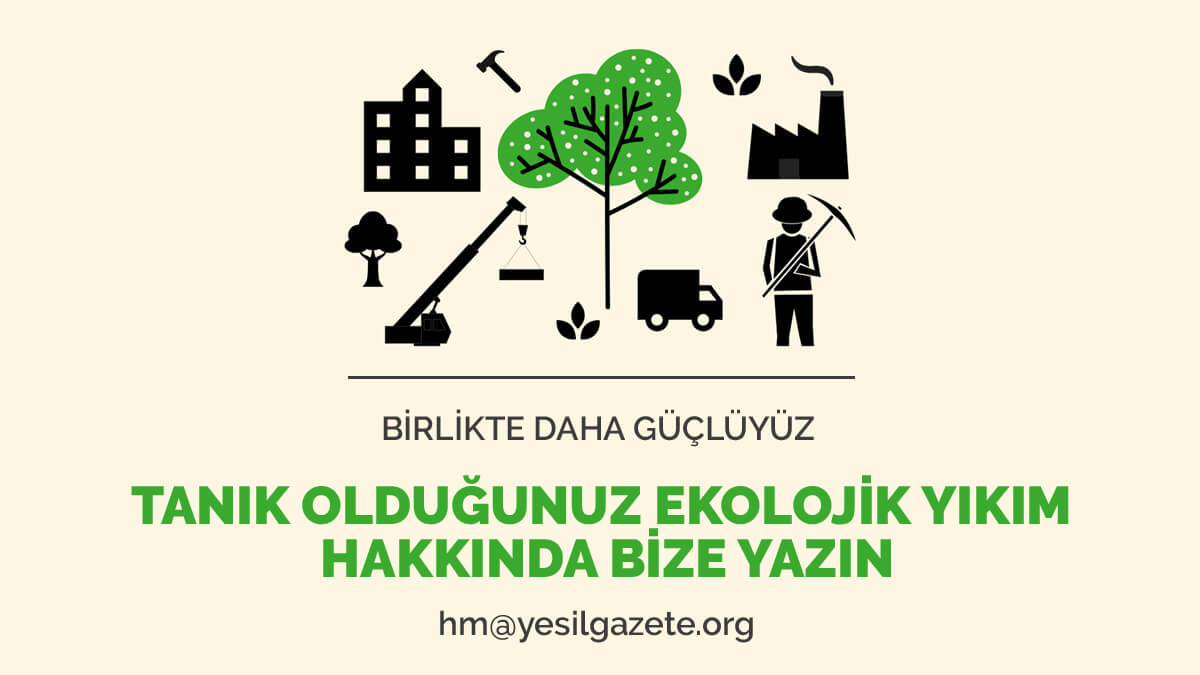

Comments